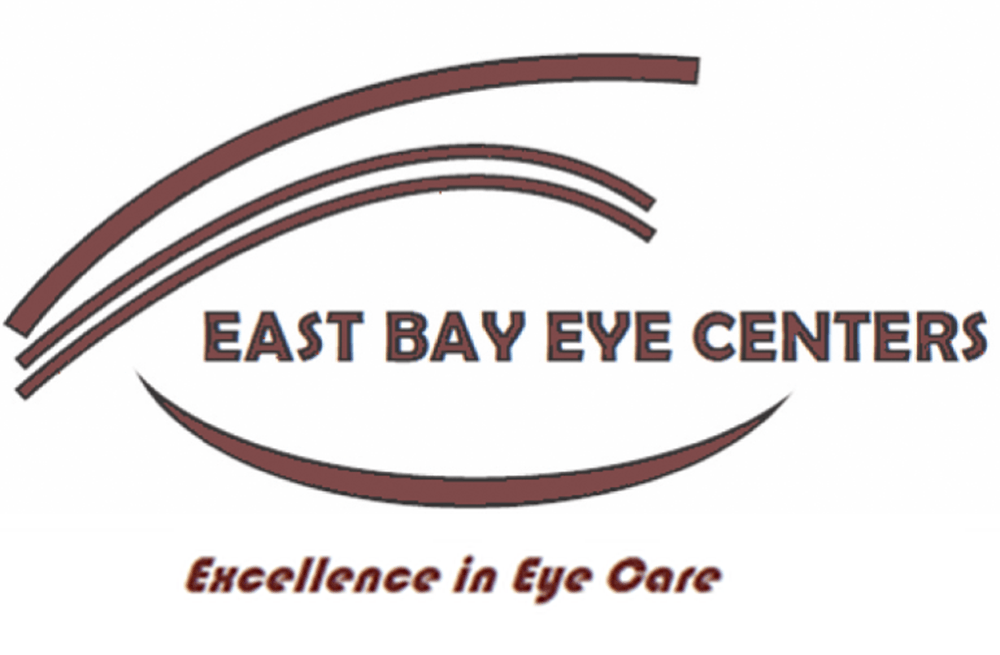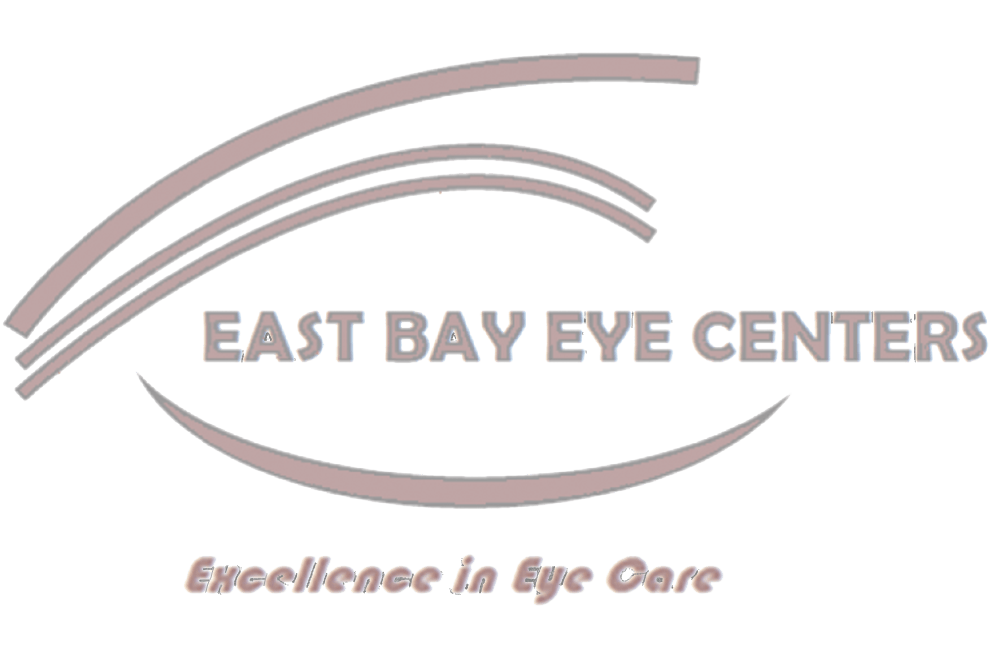The Open Payments database is a federal tool used to search payments made by drug and device companies to physicians and teaching hospitals. It can be found at https://openpaymentsdata.cms.gov.
Lens Options
Cataract
Cataracts are a visual impairment that often affects those in their 60's, 70's or 80's, but can affect individuals of any age. With this condition, the natural lens in the eye starts to become cloudy or brown. As a result, the lens difuses the light before it hits the retina and vision becomes blurry or dark. If left untreated, cataracts can lead to blindness. The only treatment available is a surgical procedure.
Cataract surgery is no longer a dreaded experience involving lengthy recovery times and restricted activity. In addition to resuming most normal activities the day after surgery, today's cataract surgery patients enjoy improved quality of life.
Our doctors have an assortment of intraocular lens implants to chose from. These can be custom fitted to meet your individual needs. Because of incredible advances in surgical techniques, instrumentation and lens technology, cataract surgery is one of the most successful and safest procedures with a success rate of over 90 percent.
Monofocal Iol (Single Vision Lens Implants)
After surgery, with traditional single vision monofocal lenses, most people experience very good vision at a single focal point - either near or at distance. In most cases, the monofocal lens provides good distance vision for driving, walking and some everyday activities. However, most people receiving single vision monofocal lenses require reading glasses or bifocals.
How Age Affects Your Eyes?
As we get older, the natural lens of our eyes usually deteriorates in one of two ways: presbyopia and cataracts.
Presbyopia
In presbyopic eyes, the natural crystalline lens of the eye looses its ability to "accommodate", meaning its ability to switch from seeing objects at a distance (one focal point) to seeing near objects (second focal point). A result of being presbyopic is having to hold things father away to read or a dependence on reading glasses or bifocals. Presbyopia usually begins affecting vision around age 40. By age 50, almost everyone has presbyopia.
East Bay Eye Center San Ramon
5801 Norris Canyon Rd Ste. 200
San Ramon, CA 94583
East Bay Eye Center Brentwood
8440 Brentwood Blvd., Ste. D
Brentwood, CA 94513
Clinic Hours
- Mon - Fri
- -
- Sat - Sun
- Closed

